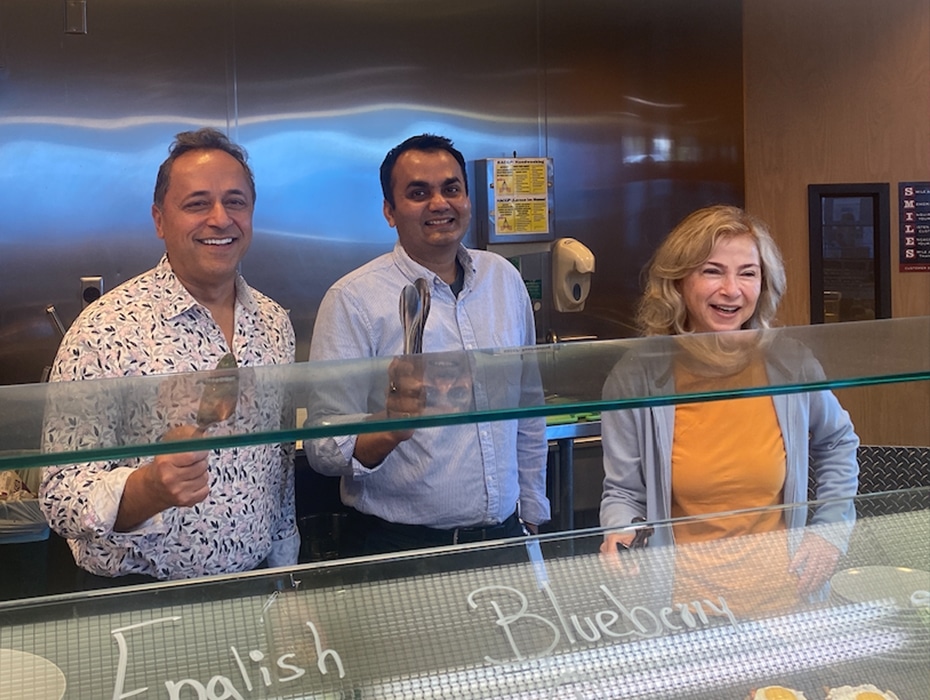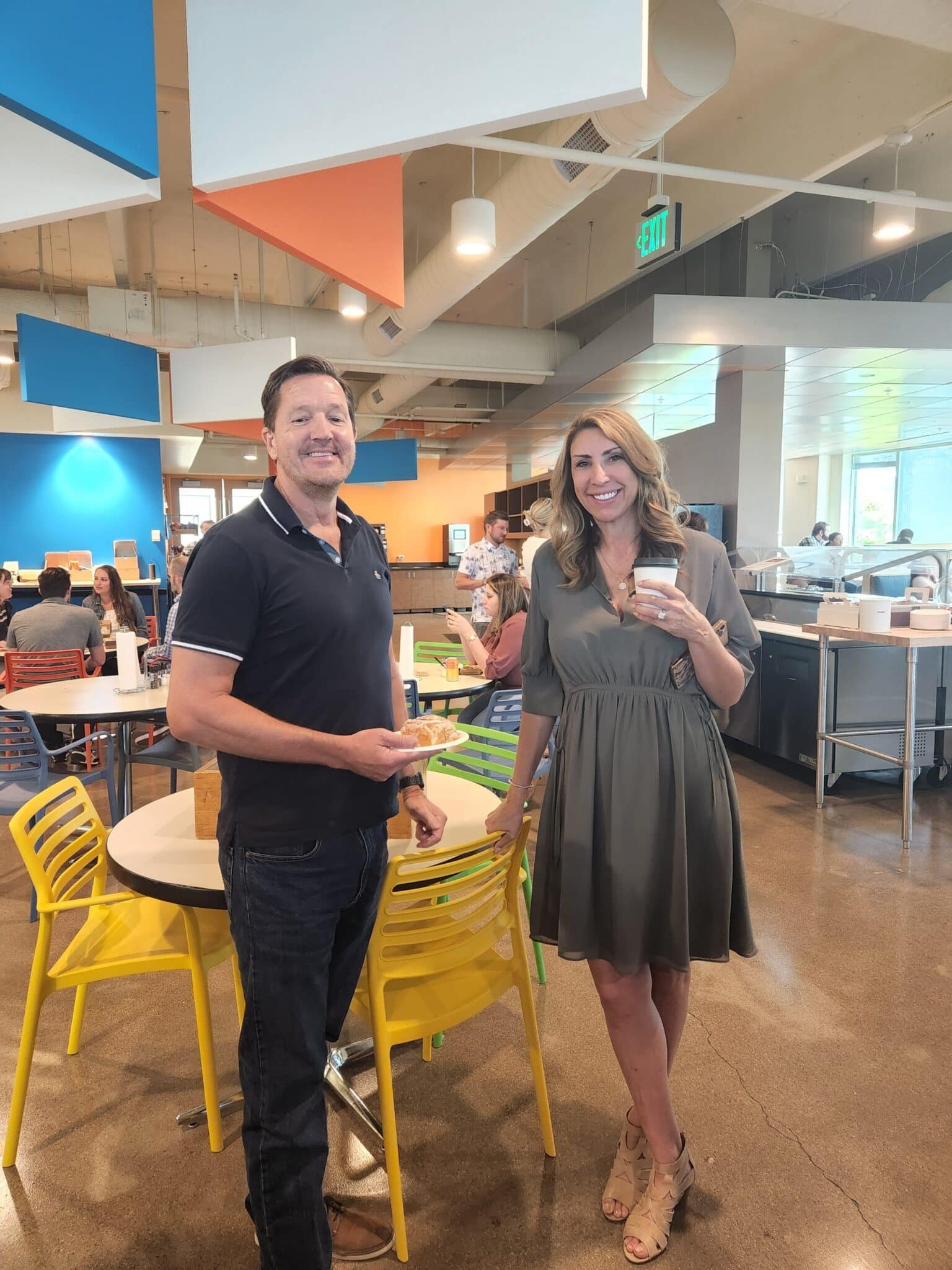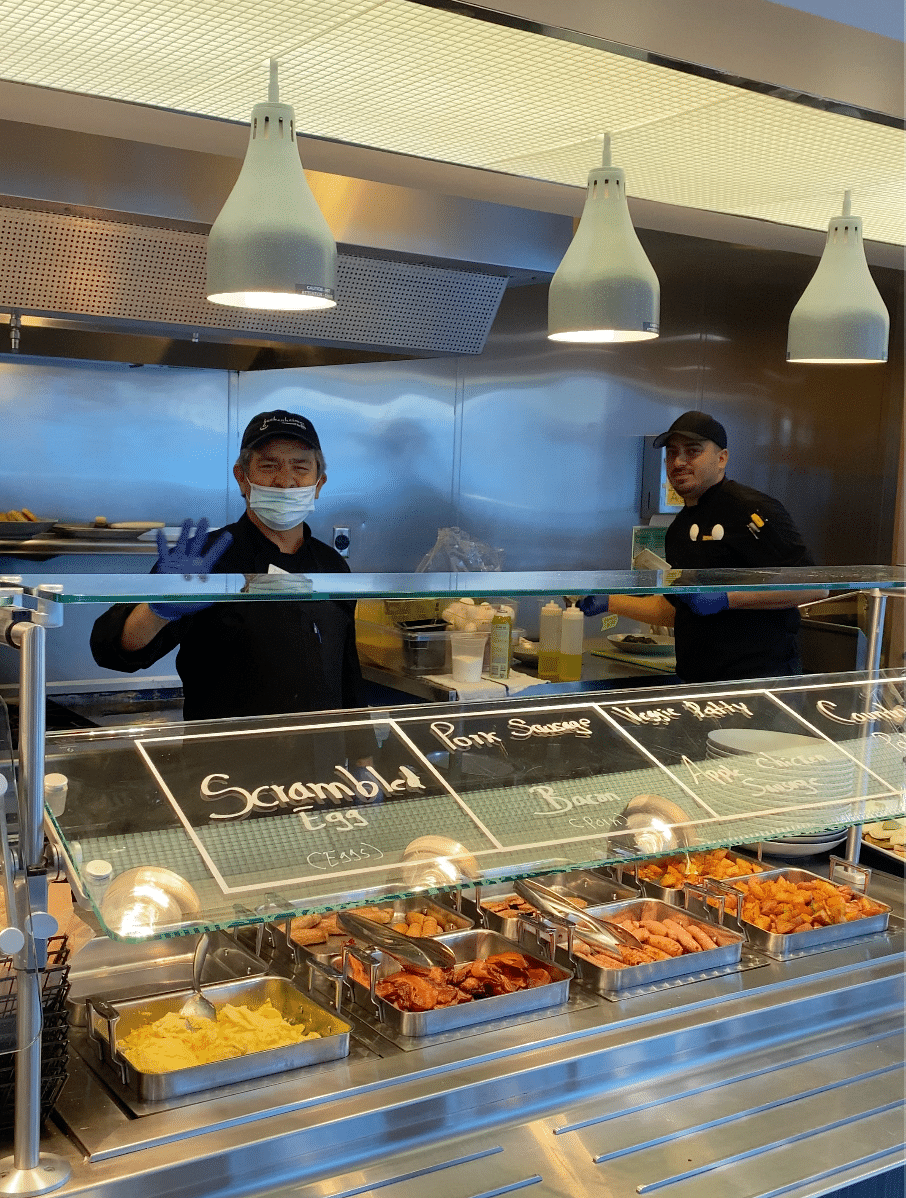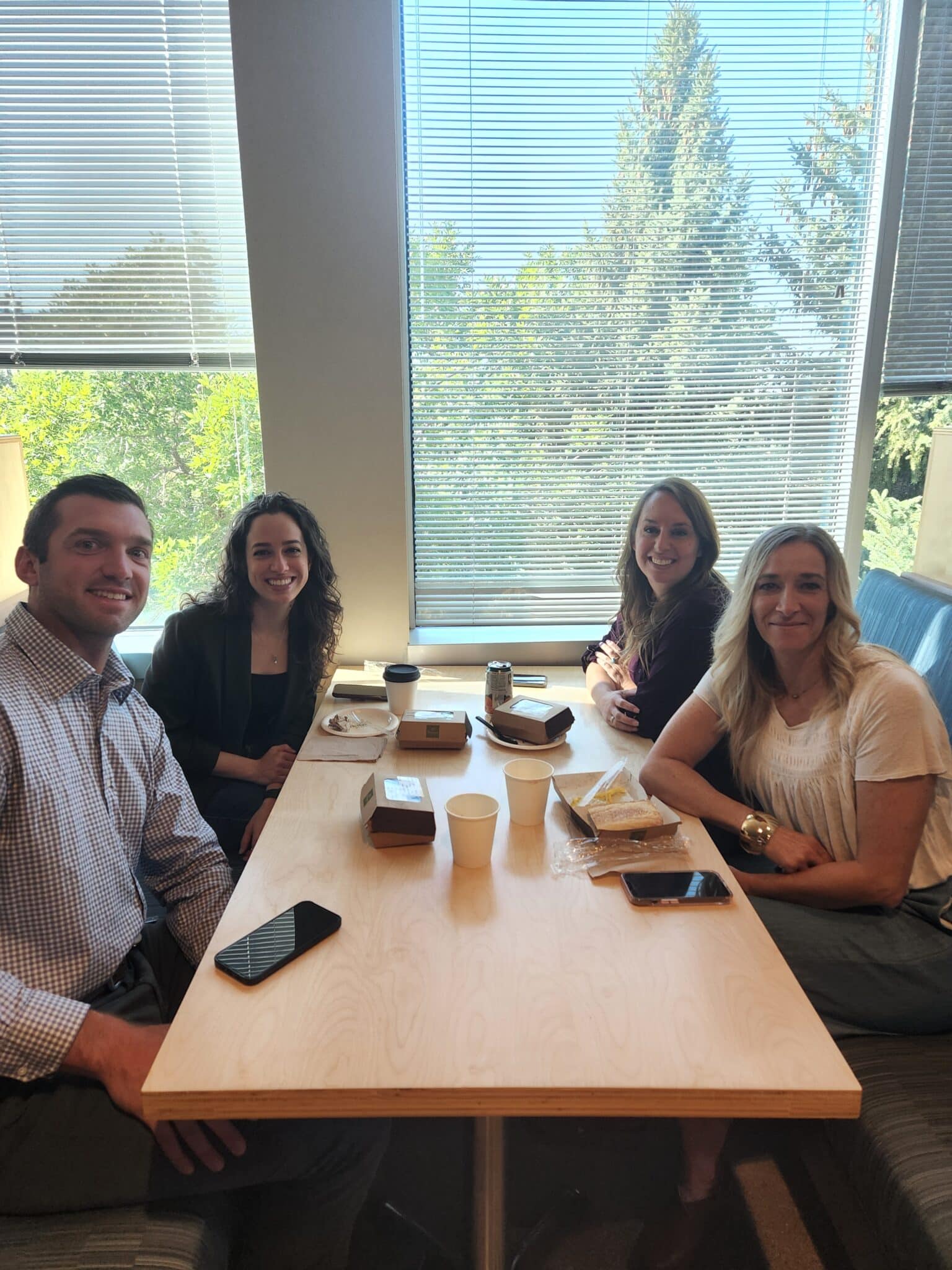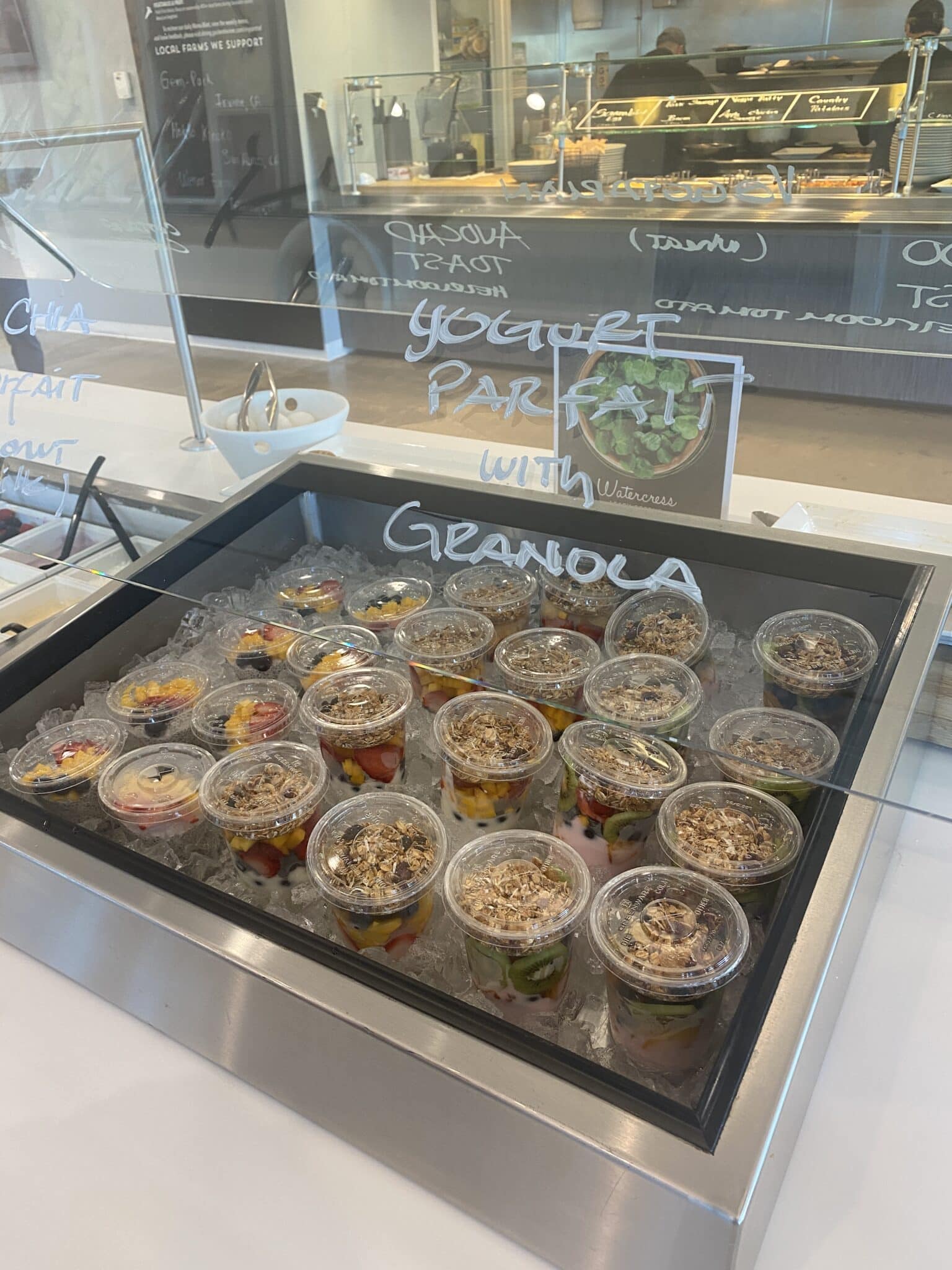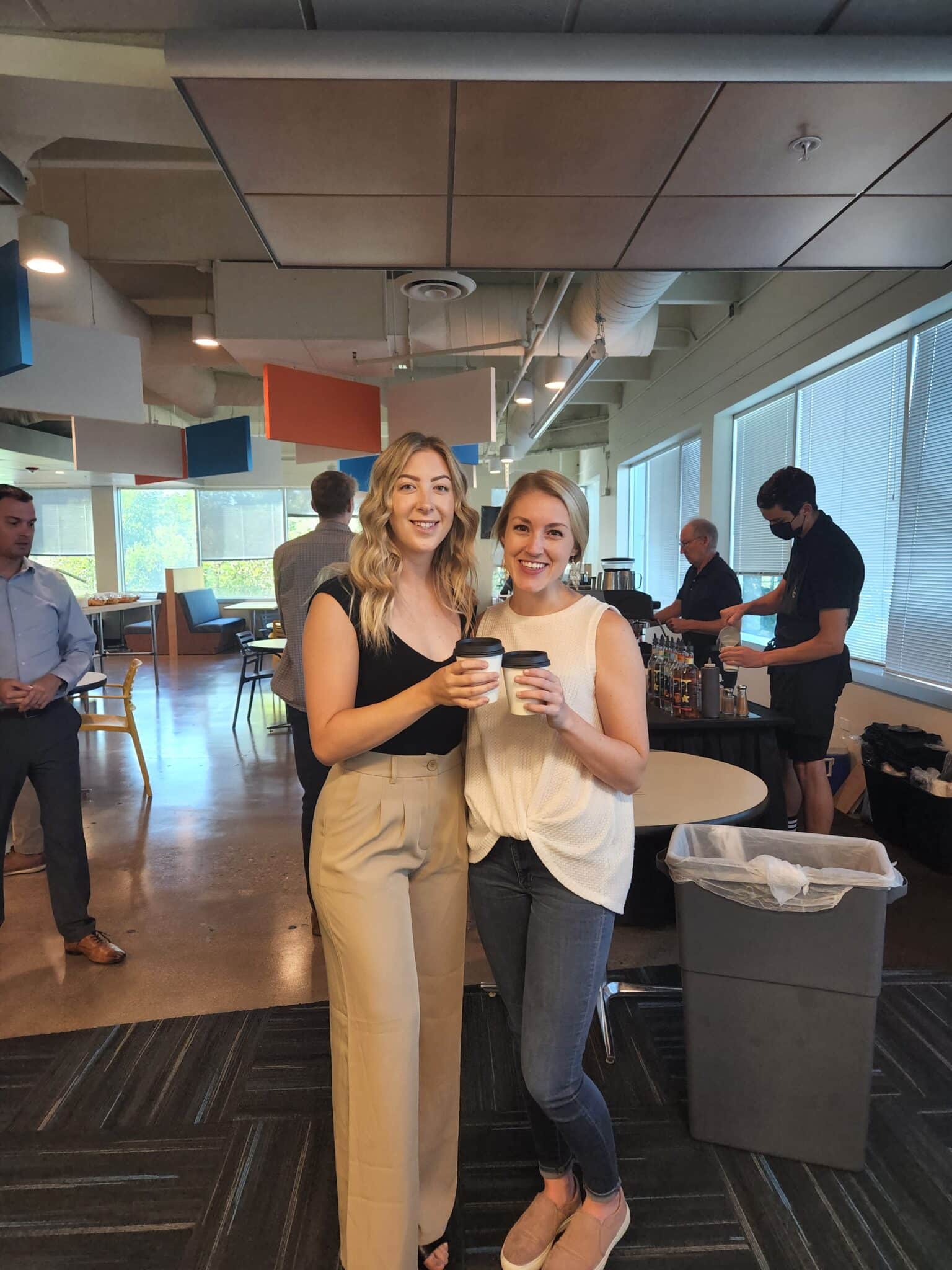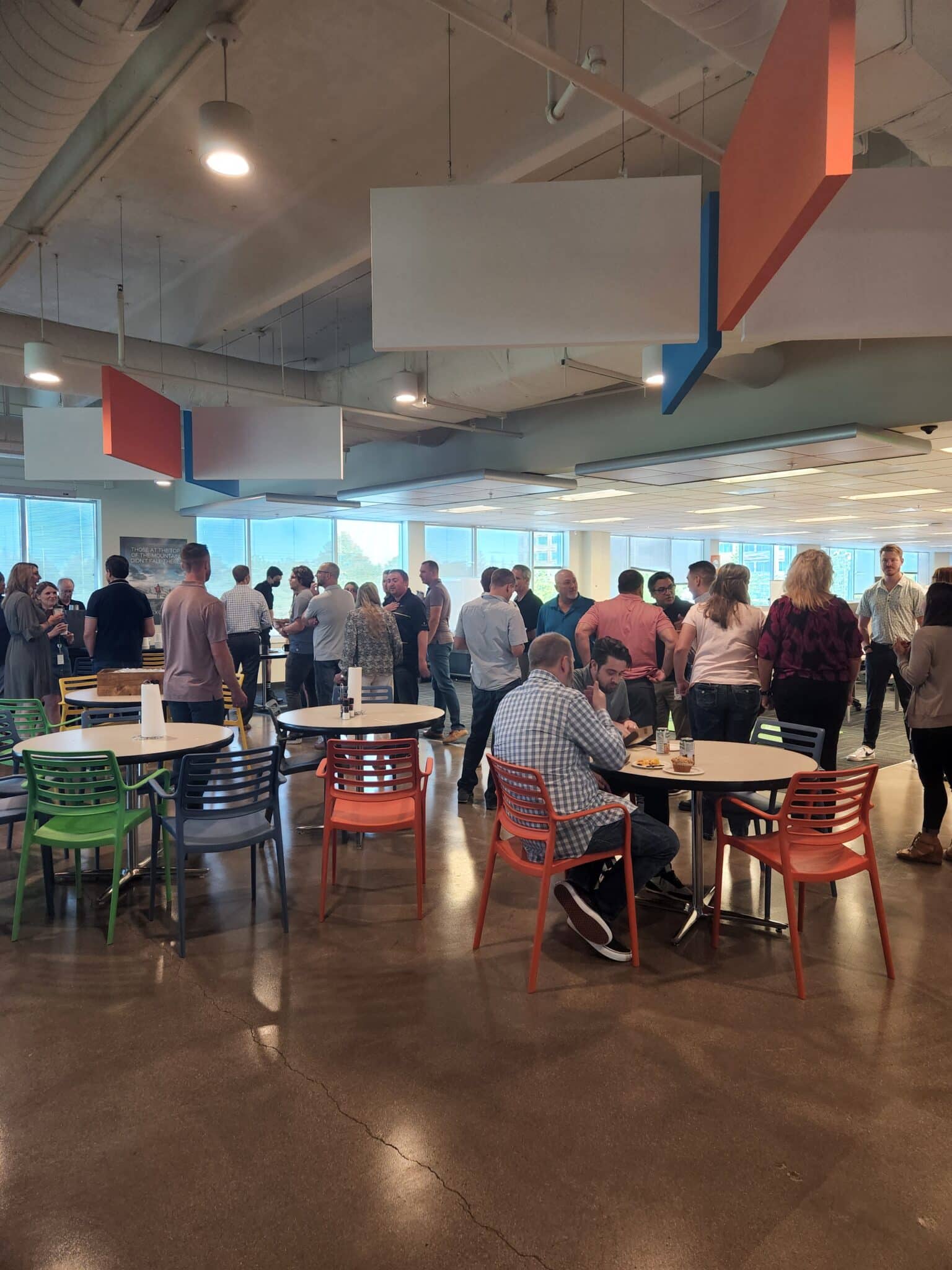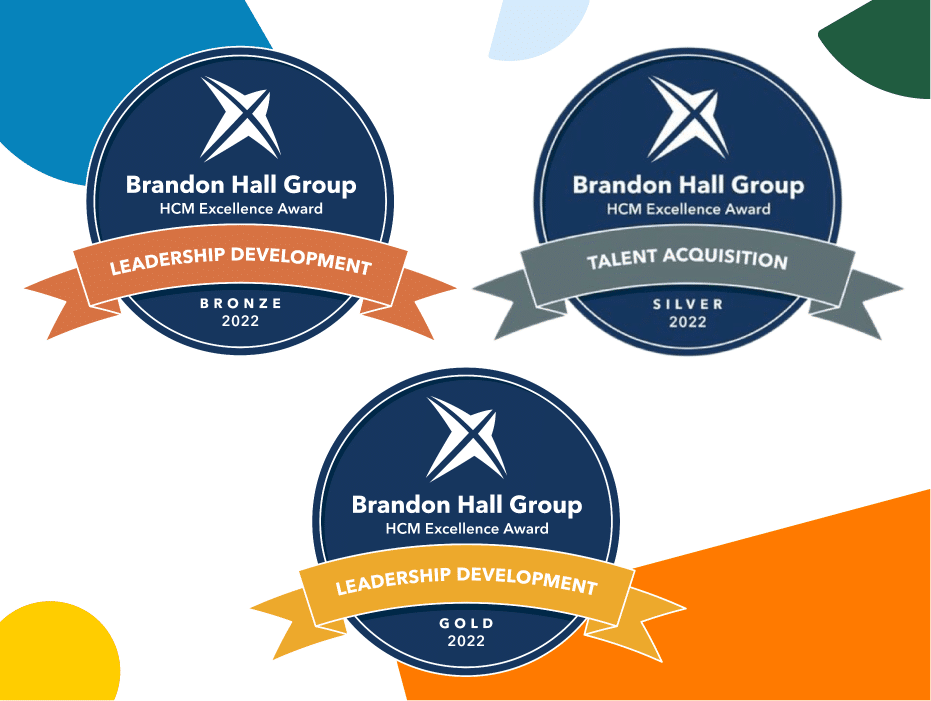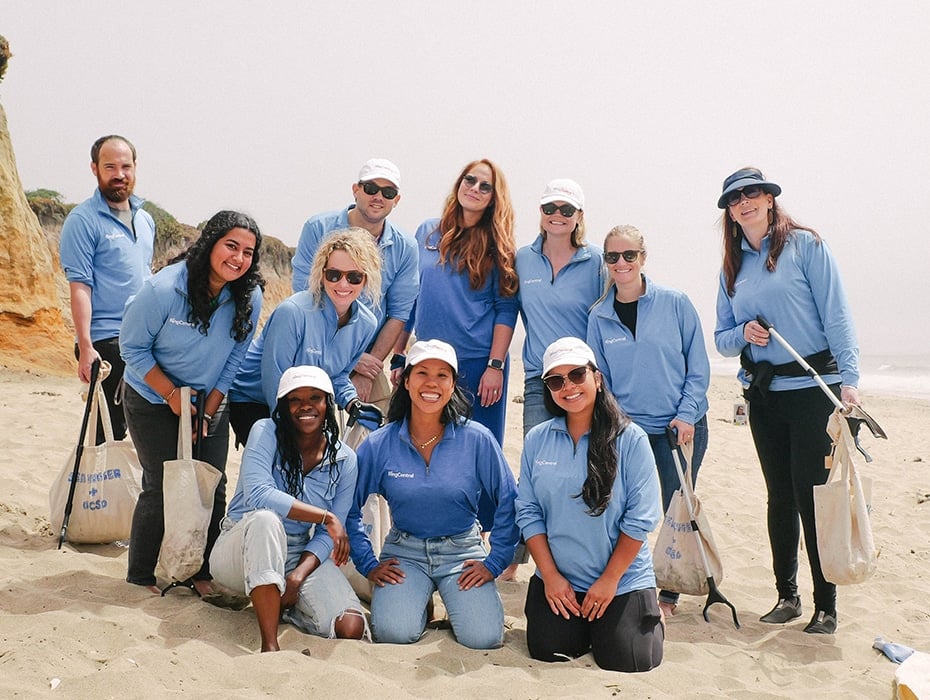International Day for the Preservation of the Ozone Layer stresses the need for preserving a healthy environment and natural resources. On this day, RingCentral shares a few of the sustainable practices we use in our employee cafes.
1/6
Why opt for local products over cheaper/non-local options?
Dan Root, Food Service Manager, RingCentral
I see two distinct advantages from buying local:
Locally produced goods should be more environmentally friendly. Since it takes less fuel to transport local goods, fewer greenhouse emissions should be produced as well. However, just because a company is local does not ensure it is more environmentally friendly. Depending on the product, the raw materials may be transported for local manufacturing which can offset potential benefits. As an example, the coffee beans for both Dazbog and Coda are certainly not grown in Denver, but they are locally roasting the beans. Or as Teatulia says “[They] are a Denver-based, Bangladeshi-grown organic tea company…”
Additionally, different regions have different business practices and infrastructure. For instance, one manufacturing plant might be able to capitalize on local solar and/or wind power while another might not. Therefore, it is important to do a little research to arrive at one’s own conclusions.
Buying locally produced goods supports the local community and stimulates the local economy. Supporting local businesses helps create and retain jobs locally, which supports families and helps strengthen the community.
Another reason to buy local is the relationships that can be generated between the local businesses. Within the community, new connections form and blossom, opportunities to collaborate arise and the neighborhood is strengthened through the support of one another’s brands.
What brands do you offer in the Denver office that are local?
Dan: A few of our local favorites are:
- Coda Coffee (Denver CO)
- Teatulia Organic Teas (Denver CO)
- Dazbog Coffee (Denver CO)
- Celestial Seasonings (Boulder CO)
- Boulder Canyon Kettle Chips (Boulder CO)
- Chocolove Chocolate Bars ( Boulder CO)
- Honey Stinger Waffle (Steamboat Springs CO)
Patricia Arguelles, Food Service Manager, RingCentral:
We love being able to buy produce directly from local farms. We source from 45+ local farms, but a few of our most recent summer favorites are:
Organic Striped Cucumbers from Creek Farms (Chino, CA), Arugula from Field Farms (Salinas, CA), and Strawberries from various farms in St. Maria, CA
We also source all of our baked goods from Panorama Bakery in San Francisco, and source all of our seafood according to recommendations from the Monterey Bay Aquarium’s Seafood Watch to ensure we are making sustainable choices.
What other steps do you and your staff take to conserve resources?
Patricia:
All chicken and pork served in our cafe is antibiotic free, crate free, and contains no artificial hormones. It may be a small step, but sourcing safe, ethical meat can help conserve resources and lessen environmental impact.
We enforce the use of all recycled and compostable paper goods in our cafes. We organize the garbage (Recycle, Compost and trash) accordingly with proper training to all our employees.
Simple practices like ensuring our dishwasher is fully loaded and keeping our grease traps clean can go a long way. We recycle all of our fry oil to an approved conservation and recycling vendor. We’re also thrilled to start using the Winnow program to reduce food waste.
What is Winnow and how do you hope to incorporate it into cafe operations?
Winnow makes cutting edge technology to help chefs cut food waste in half. It connects commercial kitchens all over the world to the cloud allowing them to record and analyse exactly what is put in the bin. This gives chefs the information necessary to drive improvements in their production processes to cut food waste in half, saving money and reducing their environmental footprint at the same time.
Winnow has been installed and set up in Belmont but we have only just begun to record data. By tracking not only food waste weight but the reasoning behind the waste (overproduction, food scraps), we will be able to manage the food more accurately resulting in a reduction of food cost and reducing our environmental impact.
When the Denver kitchen reopens, Winnow will be implemented there as well.

Originally published Sep 15, 2022, updated Dec 30, 2022
